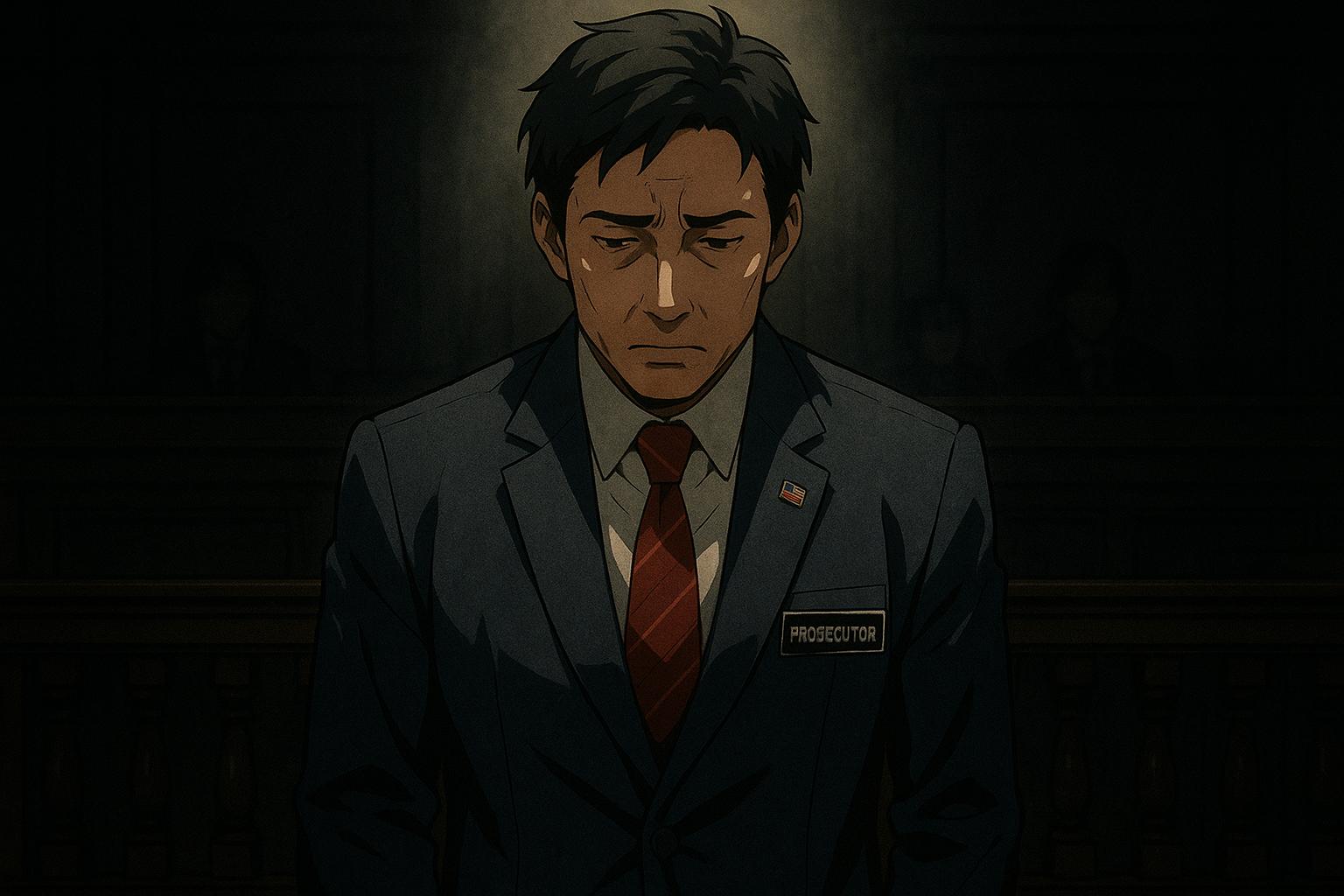The recent allegations against Karim Khan, the chief prosecutor of the International Criminal Court (ICC), have sparked a serious crisis, raising questions not only about his actions but also the integrity of the institution he represents. Khan, who is currently facing multiple allegations of sexual misconduct, has temporarily stepped aside during an ongoing investigation by the UN's Office of Internal Oversight Services. The accusations include coercion and non-consensual acts with a female colleague, reports suggest, occurred just hours before he delivered a speech to the United Nations.
The alleged incidents reportedly date back to January 2023, during an official trip to Chad, where Khan is claimed to have summoned a female lawyer to his hotel suite under the pretext of discussing a crucial address concerning war crimes. Eyewitness accounts state she resisted his advances, signalling her desire to leave, yet Khan allegedly took her mobile phones and initiated unwanted physical contact. Ironically, after the alleged assault, he spoke to the UN Security Council about the urgent need to address the "pandemic of inhumanity" stemming from the ongoing conflict in neighbouring Darfur.
The seriousness of the situation intensified when media scrutiny revealed that Khan had previously expressed intentions to pursue criminal charges against prominent Israeli officials, including Prime Minister Benjamin Netanyahu and former Defence Minister Yoav Gallant, shortly after being informed of allegations against him. While Khan has categorically denied any wrongdoing, asserting through his legal representatives that the claims are "categorically untrue," the details of the investigation have raised alarm among observers.
Further allegations suggest a troubling pattern of behaviour, with the woman indicating that Khan assaulted her several times during trips to diverse locations such as New York, Colombia, and Paris. Fearful of retaliation that could jeopardise her career, she claims to have endured the assaults, despite multiple attempts to avoid Khan's advances—including feigning illness during a trip to Colombia.
Notably, the ICC is already under scrutiny due to political pressures, particularly stemming from the United States' sanctions related to the court's investigative mandates involving Israeli leaders. The opacity of the investigation process has sparked concern, as insiders claim that the findings may not be made public, leaving questions lingering about accountability and transparency. Women's rights advocates and various organisations have called for immediate action, criticising the perceived delays in addressing such serious allegations of misconduct within the ICC.
Moreover, Khan's attempts to suggest that the allegations may form part of a smear campaign have drawn scepticism. Insiders within the ICC have reassured that the allegations appear to be genuine and not fabricated by external forces. This ongoing saga highlights fundamental issues within the ICC's operational environment and advocates for urgent reforms to ensure a safe and professional workplace.
In a climate where accountability is paramount, the absence of a clear succession plan following Khan's departure compounds the uncertainty surrounding the ICC. As the investigation continues, stakeholders hope for a resolution that not only addresses the allegations against Khan but also fortifies the institution’s commitments to justice and integrity.
As this disturbing case unfolds, it starkly illustrates the complexities surrounding power dynamics, gender relations, and institutional integrity within the realm of international law, with far-reaching implications for victims of war crimes and the legal frameworks meant to protect them.
Reference Map
- Paragraph 1: [1]
- Paragraph 2: [1], [2]
- Paragraph 3: [2], [3]
- Paragraph 4: [4], [6]
- Paragraph 5: [4], [7]
- Paragraph 6: [5], [6]
- Paragraph 7: [7]
Source: Noah Wire Services
